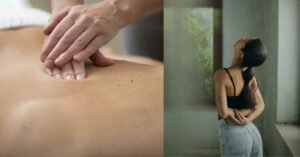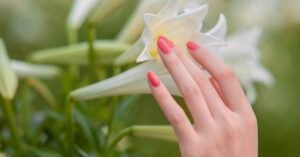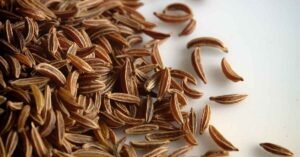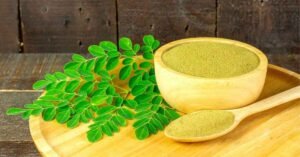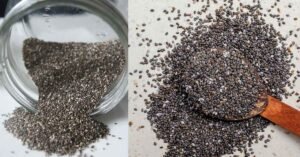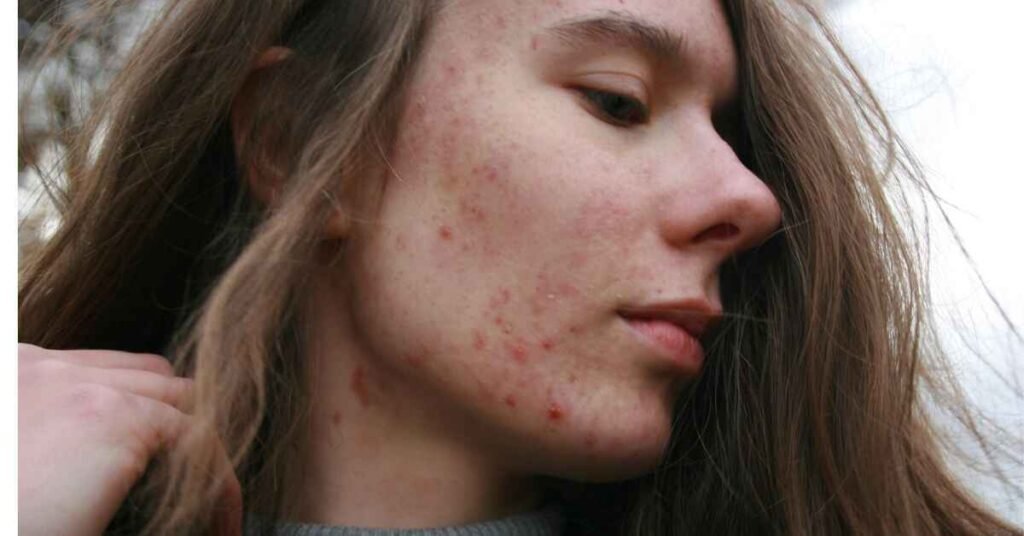
Acne spot treatment
Acne spot treatment doesn’t have to be expensive or complicated. Many people struggle with acne marks long after their pimples are gone. These dark spots can take weeks or even months to fade. The good news is—you can treat them with simple home remedies using ingredients you already have in your kitchen.
In this detailed guide, you’ll learn what causes acne spots, why home remedies work, and how to apply them effectively for clear, glowing skin.
What Are Acne Spots?
Acne spots, also called post-inflammatory hyperpigmentation (PIH), are the red, brown, or dark marks left behind after a pimple heals. These aren’t deep scars but are surface-level pigmentation that usually fades over time.
Unlike acne scars, which affect deeper layers of the skin and may cause permanent texture changes, acne spots are easier to treat with consistent care.
What Causes Acne Spots?
Several factors can contribute to the formation of acne spots:
- Popping pimples: Picking at acne causes trauma to the skin.
- Inflammation: Severe or cystic acne inflames the skin, leaving marks.
- Hormonal imbalance: Hormonal changes trigger acne, which often leads to spots.
- Sun exposure: UV rays can darken acne spots.
- Skin tone: Darker skin tones may be more prone to pigmentation.
Understanding the cause helps you choose the right acne spot treatment that works best for your skin.
Why Choose Home Remedies for Acne Spot Treatment?
Many people turn to natural remedies for good reason:
- Gentle on skin: No harsh chemicals.
- Budget-friendly: Ingredients are often found at home.
- Fewer side effects: Natural options are safer for sensitive skin.
- Nourishing: Many home remedies also hydrate and soothe the skin.
Effective Home Remedies for Acne Spot Treatment

Here are the top home remedies you can trust. Use them regularly and be patient for visible results.
1. Aloe Vera Gel
Aloe vera contains aloin, a compound known for skin-lightening and healing. It soothes irritation and supports skin regeneration.
How to Use: Apply fresh aloe vera gel directly on the spots at night. Leave it overnight and rinse in the morning.
2. Raw Honey
Honey is antibacterial and anti-inflammatory. It helps fade spots and keeps the skin moisturized.
How to Use: Apply raw honey to acne spots and leave it on for 15–20 minutes. Rinse with warm water.
3. Lemon Juice
Lemon is rich in Vitamin C, which helps in brightening the skin and fading pigmentation.
How to Use: Mix lemon juice with equal parts water. Apply with a cotton pad. Leave on for 10 minutes and rinse. Avoid sunlight afterward.
4. Apple Cider Vinegar (ACV)
ACV balances skin pH and reduces bacteria. It also acts as a mild exfoliant.
How to Use: Mix one part ACV with three parts water. Apply using a cotton ball. Use 2–3 times a week.
5. Turmeric Paste
Turmeric has powerful anti-inflammatory and antioxidant properties that reduce pigmentation.
How to Use: Mix turmeric powder with honey or yogurt to make a paste. Apply it for 15 minutes and rinse with lukewarm water.
6. Green Tea Bags
Green tea is packed with antioxidants that reduce inflammation and redness.
How to Use: Steep green tea, let the bag cool, and place it on acne spots for 10 minutes.
7. Tea Tree Oil
Tea tree oil is a strong natural antiseptic that fights acne bacteria.
How to Use: Dilute tea tree oil with coconut or jojoba oil. Apply to spots with a cotton swab. Use once daily.
8. Potato Juice
Potatoes contain enzymes and vitamin C that naturally lighten skin spots.
How to Use: Grate a potato, extract juice, and apply it to your acne spots. Leave on for 15–20 minutes.
9. Cucumber Slices
Cucumber hydrates and soothes irritated skin. It also helps reduce redness.
How to Use: Place fresh slices of cucumber directly on the affected area. Leave for 10–15 minutes.
10. Baking Soda Scrub
Baking soda gently exfoliates the skin and removes dead cells.
How to Use: Make a paste with water and apply gently. Use once a week to avoid over-exfoliating.
Comparison Table: Best Home Remedies for Acne Spot Treatment
| Home Remedy | Benefits | Frequency | Skin Type |
| Aloe Vera | Soothes & heals | Daily | All types |
| Raw Honey | Antibacterial, moisturizes | 3–4 times a week | Dry, sensitive |
| Lemon Juice | Lightens spots | 2–3 times a week | Oily, combination |
| ACV | Kills bacteria, balances pH | Alternate days | Oily, acne-prone |
| Turmeric Paste | Brightens, reduces spots | 2–3 times a week | All skin types |
| Green Tea | Calms skin | Daily | All types |
| Tea Tree Oil | Disinfects, heals | Daily | Acne-prone |
| Potato Juice | Lightens pigmentation | 3–4 times a week | All types |
| Cucumber | Cools, hydrates | Daily | Sensitive, dry |
| Baking Soda | Exfoliates gently | Weekly | Oily |
Tips to Get Better Results
- Stick to your routine—consistency is key.
- Always do a patch test before using any remedy.
- Don’t forget to apply sunscreen daily.
- Avoid touching your face too often.
- Eat more fruits and drink water.
What to Do
- Wash your face twice daily with a gentle cleanser
- Use sunscreen every day
- Follow a consistent skincare routine
- Stay hydrated and eat a balanced diet
- Use clean towels and pillowcases
- Apply remedies on clean skin only
What Not to Do

- Don’t pop or squeeze pimples
- Don’t use harsh scrubs or over-exfoliate
- Avoid products with alcohol and strong fragrance
- Don’t skip moisturizer—even oily skin needs hydration
- Don’t layer too many treatments at once
- Avoid direct sunlight after using lemon juice or ACV
Things To Avoid While Treating Acne Spots
- Don’t scrub your skin too hard
- Avoid harsh skincare products with alcohol
- Say no to heavy makeup
- Keep hands away from your face
When to See a Dermatologist
Sometimes, acne spots may need professional help. See a dermatologist if:
- Spots don’t fade after 2–3 months
- You notice deep scarring
- New acne continues to appear
FAQs About Acne Spot Treatment
1. What is the fastest home remedy for acne spots?
Aloe vera and lemon juice often work fastest when used consistently.
2. Can toothpaste remove acne spots?
No. Toothpaste may irritate your skin and is not recommended.
3. Is lemon juice safe for daily use?
No. It can dry out or irritate skin. Use it 2–3 times a week at most.
4. How long do acne spots take to go away?
It usually takes 2 to 4 weeks with home remedies.
5. Can I combine remedies?
Yes, but avoid using them all at once. Alternate days work best.
6. Will acne spots return?
If you don’t treat active acne, new spots may appear.
7. Can turmeric stain my face?
Yes, it may leave a yellow tint. Mix with yogurt or rinse with milk.
8. Is tea tree oil safe every day?
Yes, when diluted properly with a carrier oil.
9. Does diet affect acne spots?
Yes. Sugary, oily foods can trigger acne. Eat fresh and healthy.
10. Is sunscreen necessary during acne spot treatment?
Yes! It protects spots from getting darker.
Final Words
Acne spot treatment doesn’t have to cost a lot. With natural remedies like aloe vera, lemon juice, turmeric, and honey, you can treat your skin gently and effectively. The key is patience and consistency. Choose a method that suits your skin, stick with it, and protect your skin from sun damage. Over time, your skin will become brighter, clearer, and healthier.
Start today and give your skin the care it deserves—naturally!


